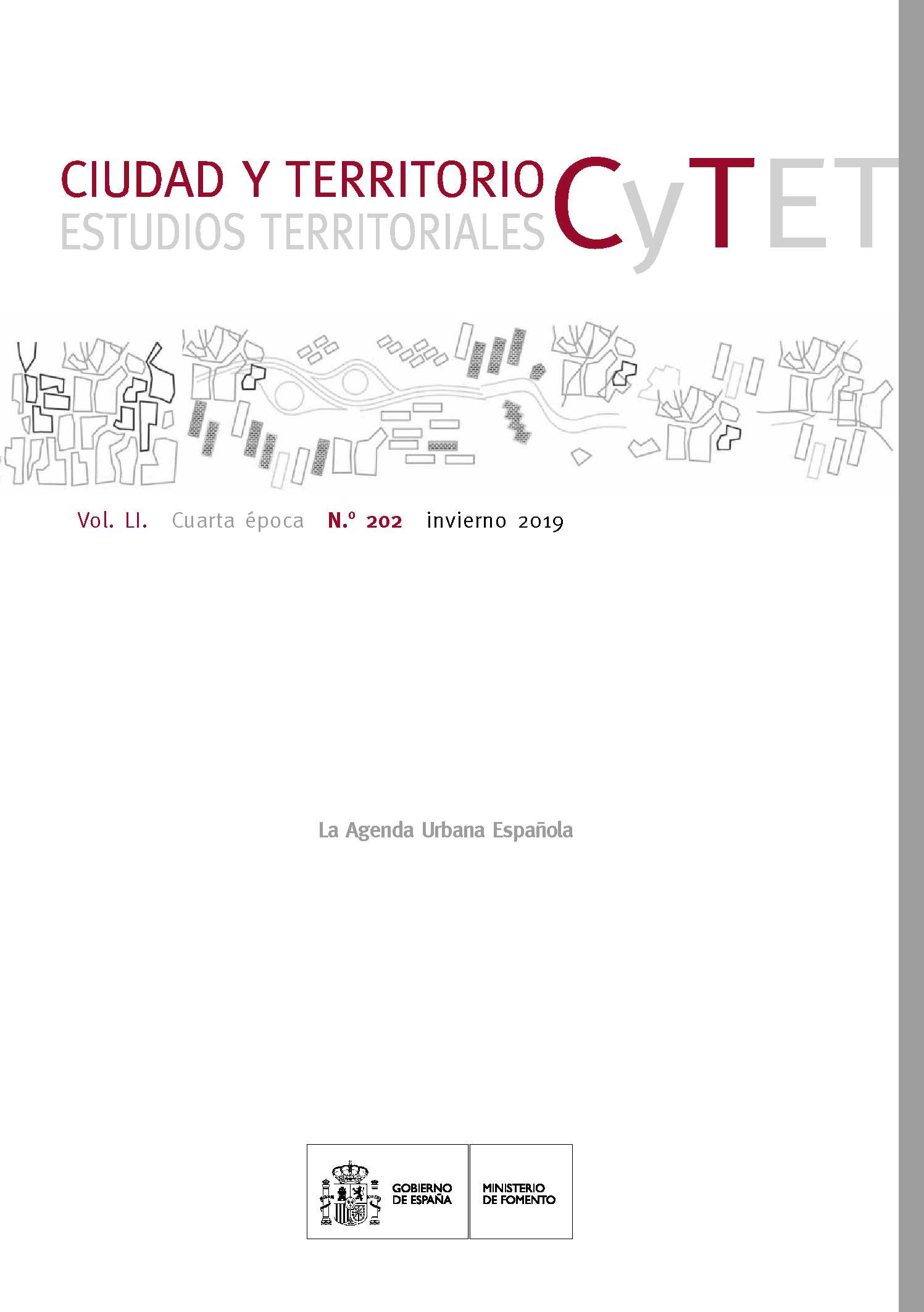The 2050 Urban Agenda of Malaga
Keywords:
Urban Agenda, Climate change, Urban density, Compact the dispersed city, Indicators, StakeholdersAbstract
The idea of the Urban Agenda as a strategic framework for cities is not a novelty, as the working methods that sought a paradigm shift in our relationship with the environment have been taking shape since the seventies. Nevertheless, the assumption of the limited state of natural resources and of having crossed the point of environmental non-return resulting in climate change, has not arrived until very recently, and not even in a generalized manner. In this context, the Urban Agenda of Malaga launched in 2015 -one of the pioneers in the new format- observes in an integral and holistic way the objectives of urban configuration, mobility, urban metabolism, biodiversity, social cohesion and citizen participation in the horizon of 2050. Unfortunately, this Agenda has not been followed by all stakeholders, private and public managers. One of the characteristics of the Malaga Agenda is the promotion of the compact, complex and proximity city, and its system of sustainability indicators. The papers ends presenting some examples of actions developed in Malaga: the search for increasing the complexity of the city -fighting the urban sprawl of the last decades-, and the Climate Plan.Downloads
Published
How to Cite
Issue
Section
License
Copyright (c) 2019 Pedro Marín-Cots

This work is licensed under a Creative Commons Attribution-NonCommercial-NoDerivatives 4.0 International License.
Considering the provisions of the current legislation on Intellectual Property, and in accordance with them, all authors publishing in CyTET give -in a non-exclusive way and without time limit- to the Ministry of Transport, Mobility and Urban Agenda the rights to disseminate, reproduce, communicate and distribute in any current or future format, on paper or electronic, the original or derived version of their work under a Creative Commons Attribution-NonCommercial-NoDerivative 4.0 license International (CC BY-NC-ND 4.0), as well as to include or assign to third parties the inclusion of its content in national and international indexes, repositories and databases, with reference and recognition in any case of its authorship.
In addition, when sending the work, the author(s) declares that it is an original work in which the sources that have been used are recognized, committing to respect the scientific evidence, to no longer modify the original data and to verify or refute its hypothesis. Author(s) also declare that the essential content of the work has not been previously published nor will it be published in any other publication while it is under evaluation by CyTET; and that it has not been simultaneously sent to another journal.
Authors must sign a Transfer of Rights Form, which will be sent to them from the CyTET Secretariat once the article is accepted for publication.
With the aim of promoting the dissemination of knowledge, CyTET joins the Open Journal Access (OA) movement and delivers all of its content to various national and international indexes, repositories and databases under this protocol; therefore, the submission of a work to be published in the journal presupposes the explicit acceptance by the author of this distribution method.
Authors are encouraged to reproduce and host their work published in CyTET in institutional repositories, web pages, etc. with the intention of contributing to the improvement of the transfer of knowledge and the citation of said works.








 Enlace a CyTET en Linkedin
Enlace a CyTET en Linkedin